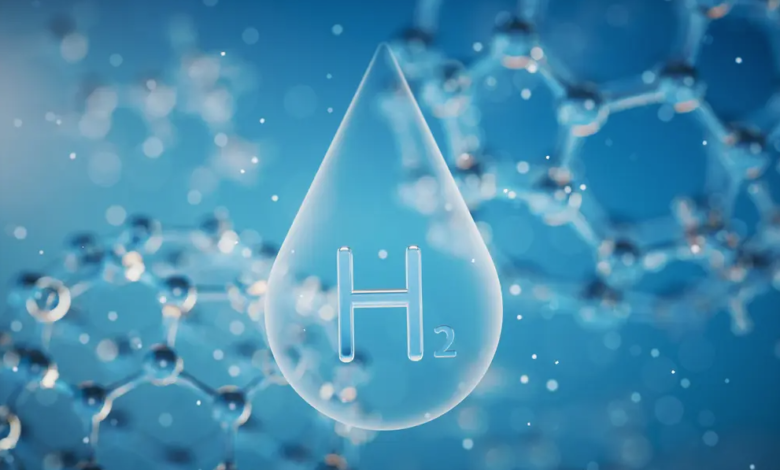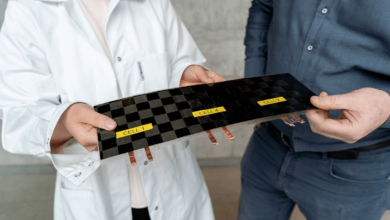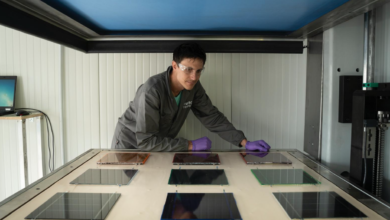First US clean hydrogen strategy published
Granholm: “Lay the foundations for strong public-private collaboration”
(sustainabilityenvironment.com) – Ten million tons of “clean hydrogen” per year by 2030. To be raised to 20 million for 2040 and 50 million for 2050. This is the productive potential defined by the White House in the first US strategy on clean hydrogen. The document (pdf), published on June 5 by the Department of Energy (DOE), contains the priorities of the US administration and a roadmap for the long-term development of the carrier.
“Accelerating the spread of hydrogen is key to President Biden’s vision of a clean, affordable and safe energy future,” said US Energy Secretary Jennifer M. Granholm. “That is why the DEO has worked alongside our federal partners to develop the Strategy […] which will lay the foundations for a strong and productive partnership between the public and private sectors”.
The three priorities of the US Clean Hydrogen Strategy
The US clean hydrogen strategy identifies three key priorities: high-impact uses, cost reduction and regional hubs.
For the US government, identifying strategic and high-impact uses for clean hydrogen will ensure use in higher-value applications, where there are limited alternatives for deep decarbonisation. Specific markets include industry (e.g., chemicals, steel and refining), heavy transport and long-term energy storage. Further long-term opportunities, the text says, could include the export of the carrier to “allow energy security for our allies“.
read also Producing hydrogen without platinum, prickly pears teach how
On the cost front, the objective remains that of the Hydrogen Shot programme launched in 2021, namely to bring the price of clean hydrogen to 1 dollar/kg by 2031. The initiative will catalyze both innovation and scale, stimulating private sector investment and supply chain development. Efforts will also address critical materials and design for greater efficiency, durability and recyclability of technologies. “Together with investments in midstream infrastructure (storage, distribution), these initiatives can reduce not only the production cost, but also the delivery cost”.
What is clean hydrogen
The strategy also focuses on regional networks with large-scale clean hydrogen production and end-use in the immediate vicinity, allowing maximum benefit from infrastructure investments. But the definition of “clean hydrogen” remains a bit shaky. The Bipartisan Infrastructure Act of 2021 required the DEO to set a production standard in terms of emissions. To be precise, it indicated that the “clean” label only went to a production with emissions of CO2eq less than 2 kg per kg of hydrogen generated. The new US clean hydrogen strategy does not mention this but in a document issued separately the Department proposes to double this standard to 4 kg of CO2 eq.






